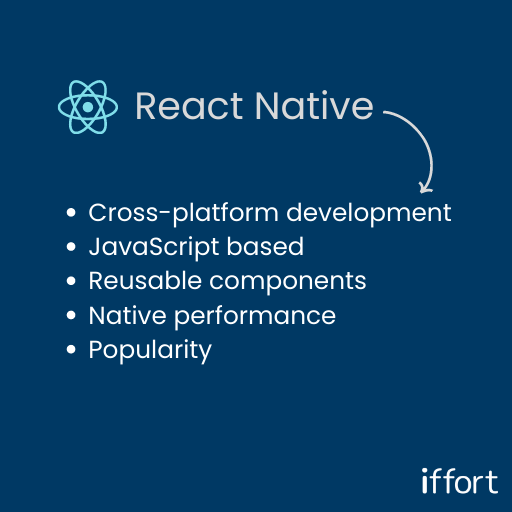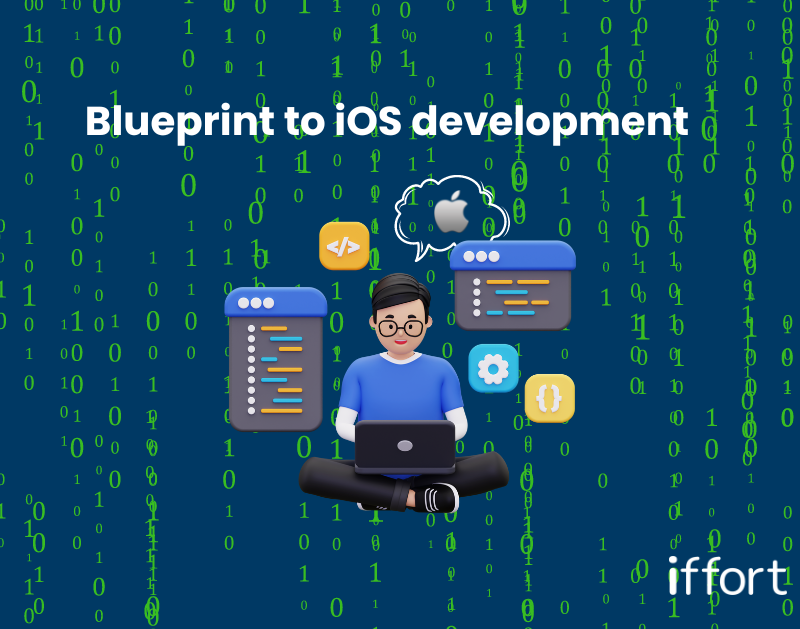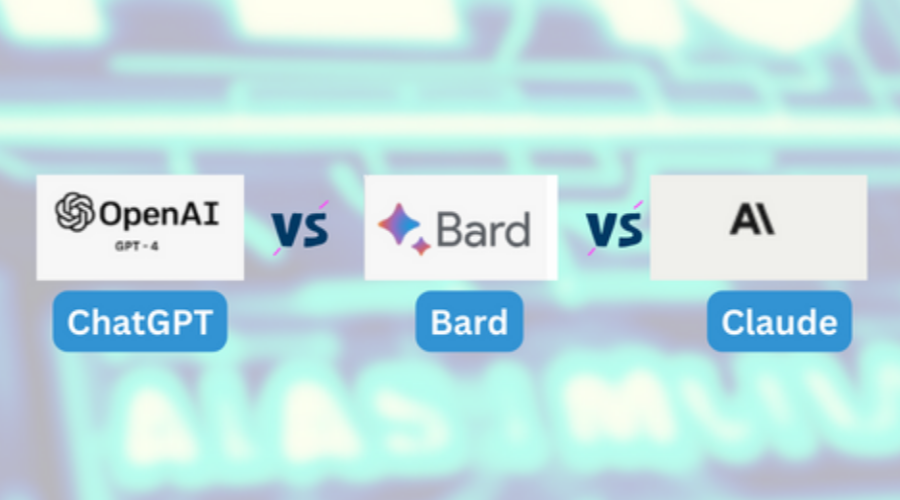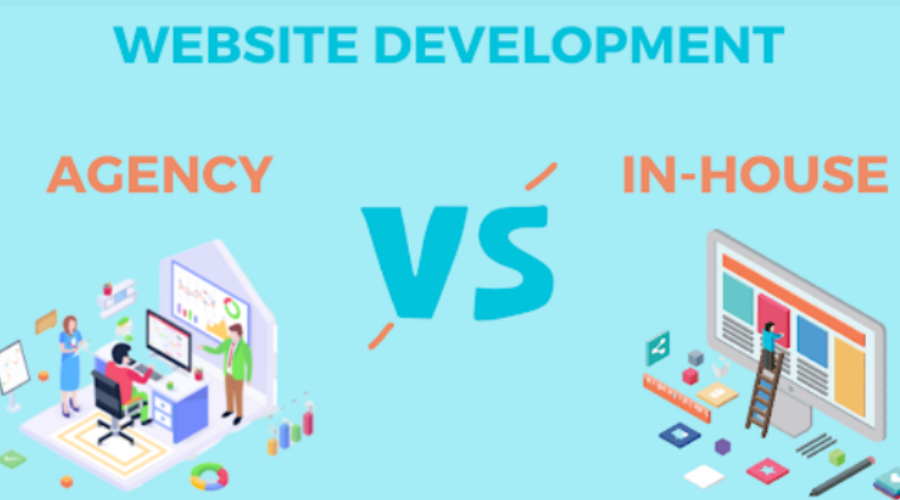So how do businesses deploy the right approach to build & develop their mobile app? What are the frameworks available for building mobile apps using JavaScript and which option do you choose from?
These are typical decisions that one needs to factor in before zeroing in on a specific framework. Today, we’re going to assess the popular frameworks and delve deeper into React Native, and look at its strengths. Let’s begin by examining some common frameworks for cross platform mobile apps development.
Popular frameworks for building Mobile Apps
- React Native: Enables developers to build mobile apps for iOS and Android using a single codebase and React.
- Ionic: A popular open-source framework for building cross-platform mobile apps using web technologies such as HTML, CSS, and JavaScript.
- PhoneGap: Another open-source framework for building cross-platform mobile apps using web technologies such as HTML, CSS, and JavaScript. To access native device features, it uses Apache Cordova.
- Meteor: Using Meteor, an open-source framework built on top of Node.js, developers can build real-time, cross-platform apps using a single codebase.
- Xamarin: This is another framework that allows developers to build mobile apps for iOS, Android, and Windows using C# and the .NET framework. Xamarin uses a single codebase which means that developers can write their code once and deploy it to multiple platforms without having to rewrite it.
The criterion for choosing the framework for your Mobile App
Before we explore React Native, let’s understand the factors that play a role when it comes to choosing the framework that’s most relevant:
- Development language: It boils down to the comfort level of the team with the appropriate programming language
- Platform: Support for the platform you wish to target (iOS, Android, or both) also plays a role in the selection of a framework
- Community: A framework powered by a strong community and options in terms of resources for support and development
- Performance: Based on the app’s needs, the performance and scalability of the framework play a key role
- Features: Ensure the framework offers the necessary features for your app’s functionality
What makes React Native different compared to other frameworks?

While every framework has its own unique features, React Native has the following differences:
- Cross-platform development: React Native works on a single codebase by using a technology called “JavaScript Bridge”. Developers can write code that can run on both iOS and Android using the same JavaScript codebase, thereby reducing the need to write separate code for each of these platforms.
- JavaScript as a base: React Native is based on JavaScript, a language that is extremely popular across the programming community. Due to its wide adoption, it’s easy to find developers who possess the skills to work on React Native.
- Reusable components: To simplify, if a developer has written a piece of code once, it can be used multiple times which has a direct impact on efficiency and development time.
- Native performance: Native components are the fundamental building blocks of a mobile app for instance text inputs, buttons, and navigation bars. React Native uses native components that are specific to the underlying platform, which results in enhanced performance in comparison to other cross-platform frameworks.
- Popularity: React Native has a very active and large community and is a well-known framework. is one of the most popular frameworks for building mobile apps and has a large and active community, providing ample resources for support and development.
Conclusion
In a nutshell, React Native offers several advantages as a framework for business decision-makers. It reduces your time-to-market, has active community support, and since it’s open-source, it’s free to use and doesn’t come with additional layers of costs. Whether or not React Native works for you, depends on the needs of your business and evaluation of the same. Therefore, do a thorough evaluation before zeroing down on your preferred framework as it’s the core of your mobile application development philosophy.
If you are looking for a web development partner, then connect with Iffort, your Digital Technology and Marketing Partners. We have years of experience in developing apps on react native framework and we can help you create a successful and competitive app for the web and mobile platforms.














































































